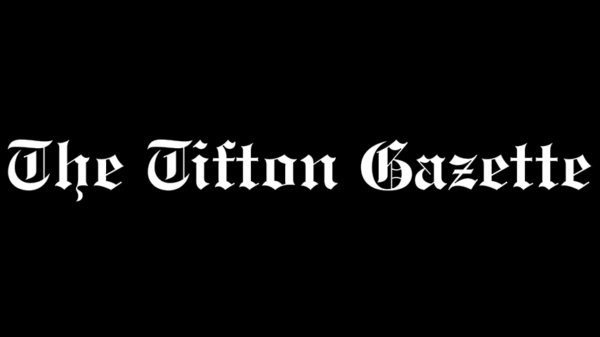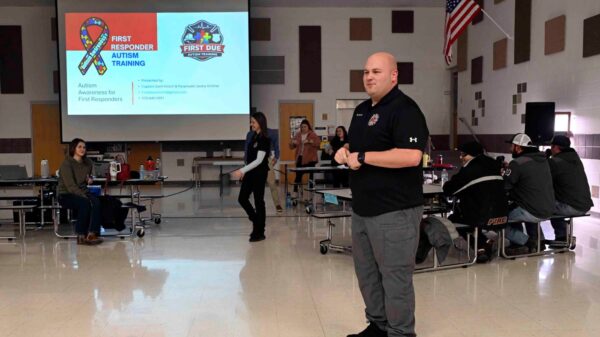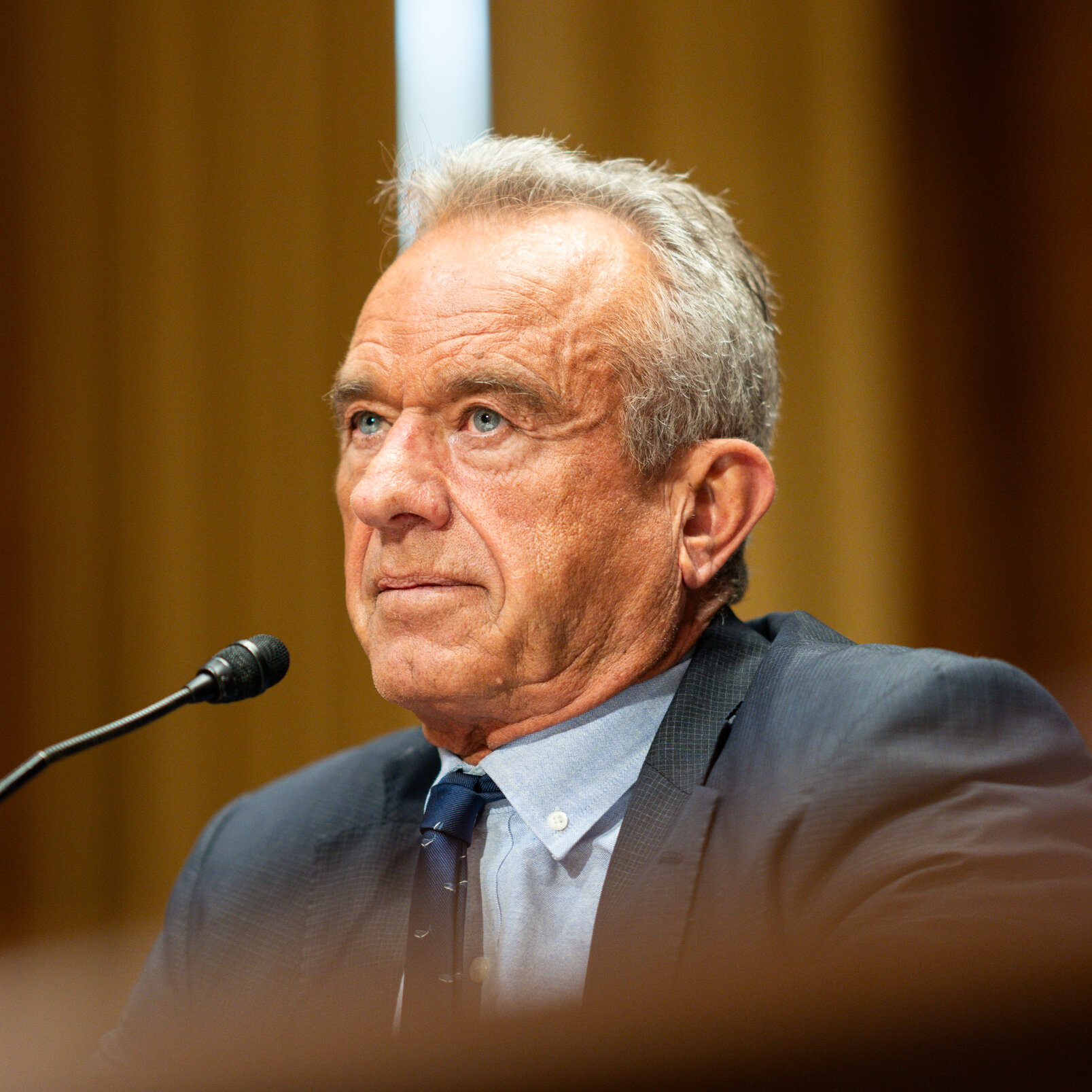Robert F. Kennedy Jr. has unveiled a detailed report focusing on childhood health, following a draft that surfaced last month. This report serves as a significant element of his broader campaign, titled “Make America Healthy Again.” It outlines both the aspirations and challenges of improving health outcomes for children in the United States.
The report highlights alarming statistics regarding childhood health issues. It reports that approximately 1 in 5 children in the United States suffers from obesity, a condition that can lead to numerous health complications. Additionally, the document sheds light on the rising incidence of mental health disorders among the youth, with a staggering one in six children aged 6 to 17 diagnosed with a mental health condition.
In addressing these critical issues, Kennedy’s report proposes various initiatives aimed at enhancing health education and access to care for children and their families. The agenda includes advocating for increased funding for health programs, promoting healthier school lunches, and improving mental health services in educational settings. Kennedy emphasized the importance of community involvement, stating that “local initiatives are vital to fostering a supportive environment for our children.”
Key Findings and Recommendations
The report outlines several key findings that underscore the urgency of tackling childhood health crises. For example, it notes that many children in low-income areas face barriers to accessing nutritious food and healthcare services. To combat this, Kennedy proposes creating partnerships between local governments and non-profit organizations to ensure that families receive the necessary support.
One of the most ambitious aspects of the report is the call for a national campaign to raise awareness about the importance of childhood health. This campaign aims to educate parents and caregivers on nutrition, physical activity, and mental well-being. The proposal includes a comprehensive media strategy to reach diverse communities across the nation.
Kennedy’s report does not shy away from addressing the potential pushback regarding his agenda. Critics may argue that some proposals require substantial funding, which could face political resistance. Kennedy acknowledges these challenges but maintains that the long-term benefits of a healthier generation far outweigh the initial costs.
Public Reception and Future Plans
The public reaction to the report has been mixed. Supporters praise Kennedy’s commitment to addressing critical childhood health issues, while skeptics question the feasibility of his proposed solutions. Some health experts have noted that while the report raises essential points, the implementation of such initiatives will require bipartisan support and significant resources.
Looking ahead, Kennedy plans to hold a series of town hall meetings across the country to discuss the report’s findings and gather feedback from communities. He aims to ensure that the voices of parents, educators, and healthcare professionals are included in the ongoing conversation about childhood health.
As the campaign progresses, the effectiveness of Kennedy’s proposals will likely depend on his ability to unite various stakeholders around a common goal. The urgency of addressing childhood health issues cannot be overstated, and Kennedy’s initiatives may play a pivotal role in shaping future policies that prioritize the well-being of the youngest members of society.








































































